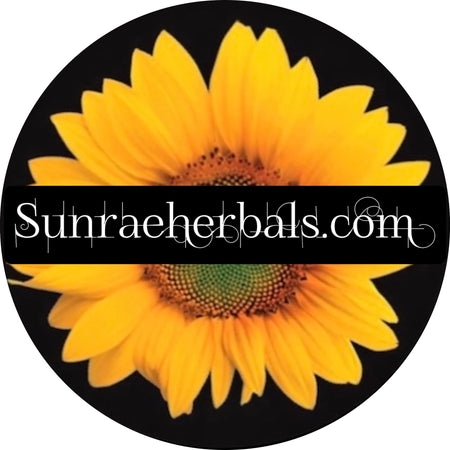Let's talk about moistening herbs. MOST herbs, like 90% (a guesstimate), have a drying effect on the body. And when used long term this drying effect can, well, dry us out. Even people living in humid environments know that despite the weather our lifestyles are drying. Indoor living, automated environments, environmental toxins, polluted foods, excessive caffeine, inorganic skin and body products, daily showers all lead to drying of the body, internally and externally. So it's good to be able to identify herbs that moisten, and these herbs have what's called a DEMULCENT action.
Demulcent is a term used to define herbs that have a mucilaginous factor that soothes, coats, and protects our tissues. A good herbal formula will have a portion of moistening herbs to counteract the effects of the drying herbs within the blend. But sometimes we have too much moisture and drying herbs are just the ticket. Today we will focus on a handful of moistening herbs that you can identify in herbal products so that you can recognize the basic properties of a blend, and know that the formula will provide a soothing, moistening action internally or externally.
If you are in the field you can learn to identify demulcent plants by the texture of their leaf or the resin of their flower. Generally, a plant that has a rubbery or thickly encased leaf is indicative of a demulcent plant. And flowers that are resinous or sticky can also indicate a moistening action. A classic example of a DEMULCENT herb is Aloe Vera. The Aloes thickly encased leaf (succulent) is full of a mucilaginous substance which indicates it will soothe and moisten body tissues. This action is a big factor in why we recognize Aloe as a traditional remedy for burns, right? It soothes, coats and protects the burned area.
Let me list a few common and popularly found demulcent herbs. These herbs can be reached for when dryness is present internally or externally, such as dry cough, sore throat, inflamed skin (diaper rash) or dry itchy skin, gut pains or dry stools...you get the picture;
ALOE, CHICKWEED, COMFREY, LICORICE, MARSHMALLOW, MULLEIN, PLANTAIN, SLIPPERY ELM
Learning to memorize this short list can be very helpful when seeking out herbal remedies for common conditions. These herbs will go a long way in soothing and balancing dry or inflamed tissues. Worth mentioning here is that several of these demulcent herbs grow prolifically in your area. Nature can provide you with all of these, but chickweed, marshmallow, mullein and plantain are readily found if you learn to spot them in the wild, weedy places

